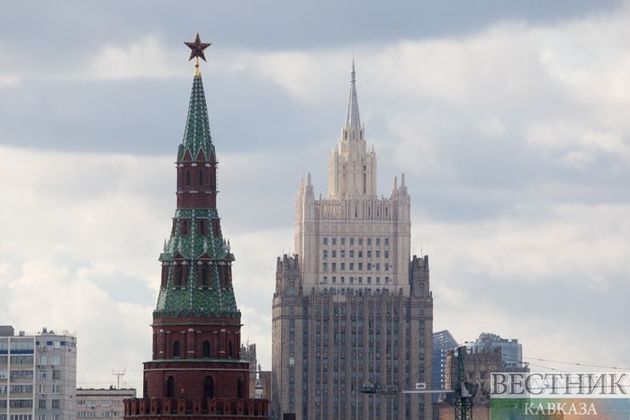Russia is not ready to extend the New START treaty with the United States - the last major nuclear arms pact between the two countries - under the conditions set out by Washington, Russia's Deputy Foreign Minister Sergei Ryabkov said.
"We are not afraid of U.S. sanctions, we are used to them," he said. "It will not affect our policy in any way. Our cooperation with Iran is multifaceted, defense cooperation will progress depending on the two countries' needs and mutual willingness," TASS cited Ryabkov as saying.
His comments came after Marshall Billingslea, the U.S. Special Presidential Envoy for Arms Control, said in an interview with the Kommersant newspaper that Moscow must agree to a joint memo with the United States on extending the treaty before the U.S. presidential election in November.
"We have proposed a shorter period of time [than Russia's proposal to extend the START for five years]. We cannot take our foot off the pedal, as they say, so we need to get down to drawing up the next agreement. That’s why we are thinking about a shorter period of time”, Billingslea said on Sunday.
He noted that the duration of this period would depend on the flexibility of the Russian government’s stance on the matter.
The envoy also said that Washington will adjust its negotiating position depending on Russia’s possible reaction, adding, "we believe that we have outlined a very clear and plan of action that is beneficial for both countries."
"We also believe that it [the plan] reflects those discussions that were conducted by our presidents. And now, as I've made it very clear - and we really think so - the ball is in Russia’s court," Billingslea underscored.
He also said that the U.S. is ready to conclude a presidential memorandum with Russia on the question of extending the treaty and that Washington is prepared to allow the New START to expire this coming February should Washington and Moscow fail to conclude a memorandum, because the treaty puts additional restrictions on the U.S. that are detrimental.
According to Billingslea, Washington has offered Moscow the opportunity to conclude an agreement resembling a treaty on arms control that would not require ratification before the New START treaty is extended, Billingslea stated.
The U.S. special envoy added that this represents a good deal, which was particularly crucial given that mutual trust between Moscow and Washington is at a low point.
Should Russia refuse to accept the deal, Moscow can expect to be offered worse terms at the negotiating table if Trump is re-elected on 3 November, when the U.S. holds its presidential election, Billingslea said.






